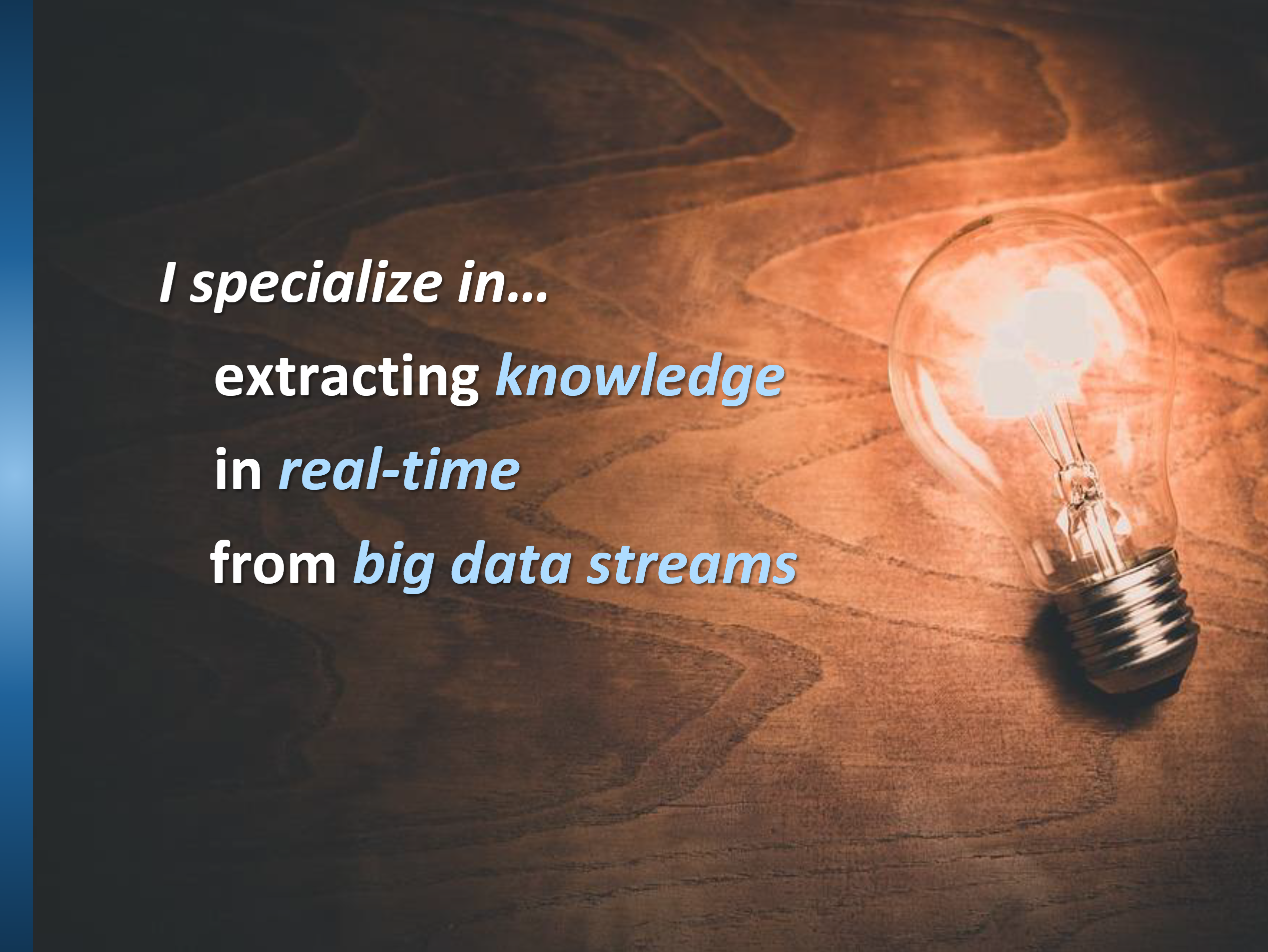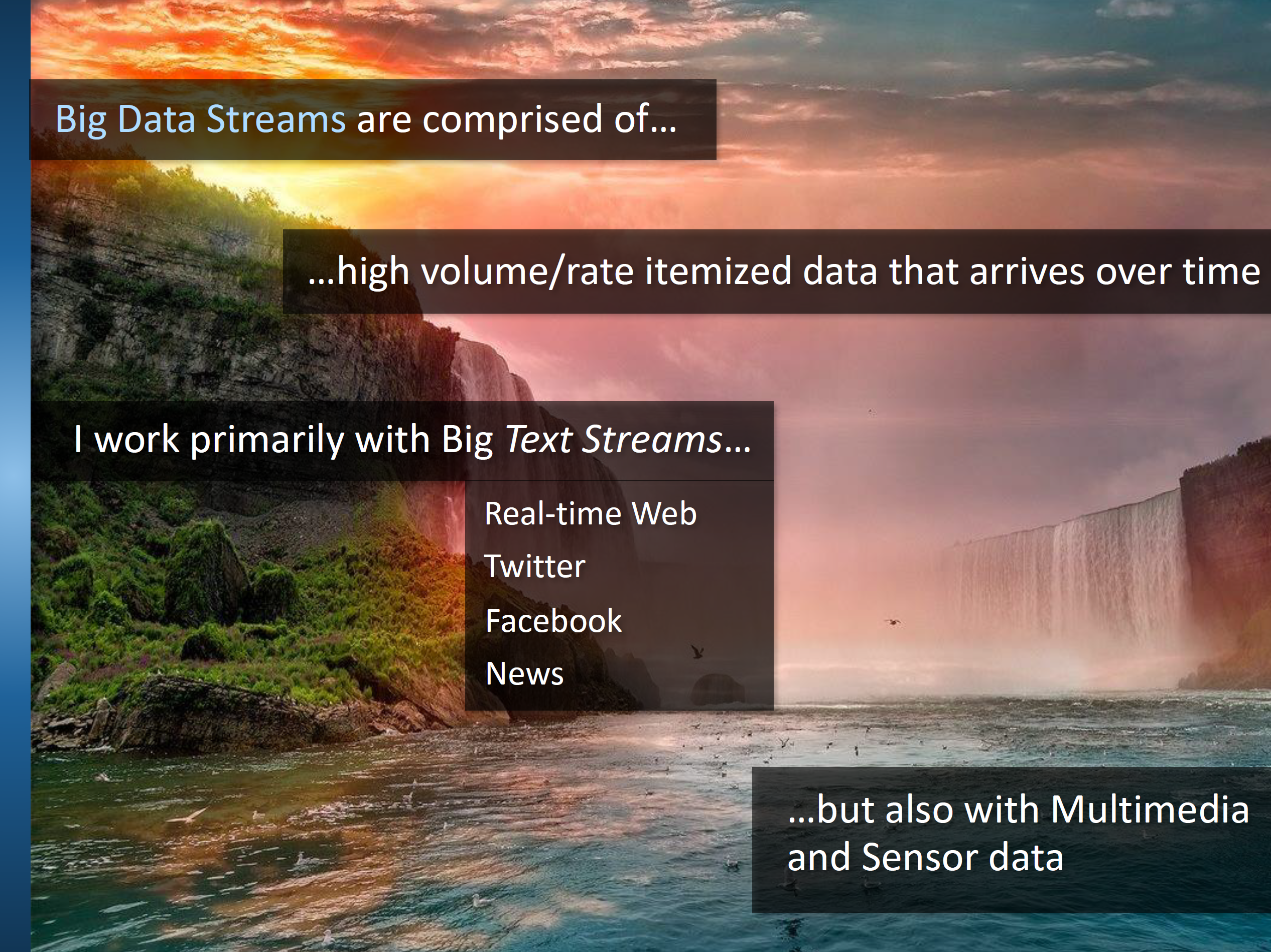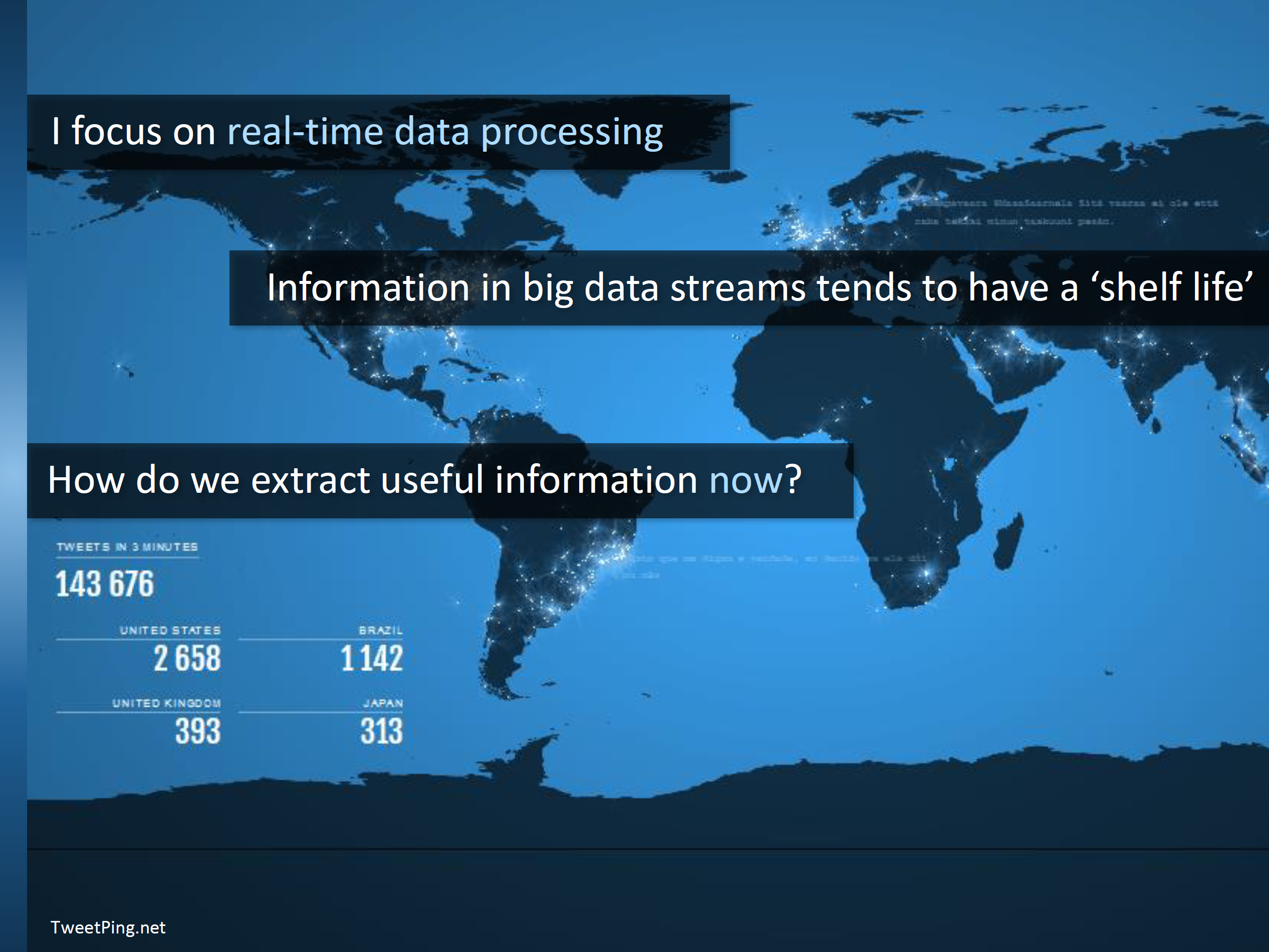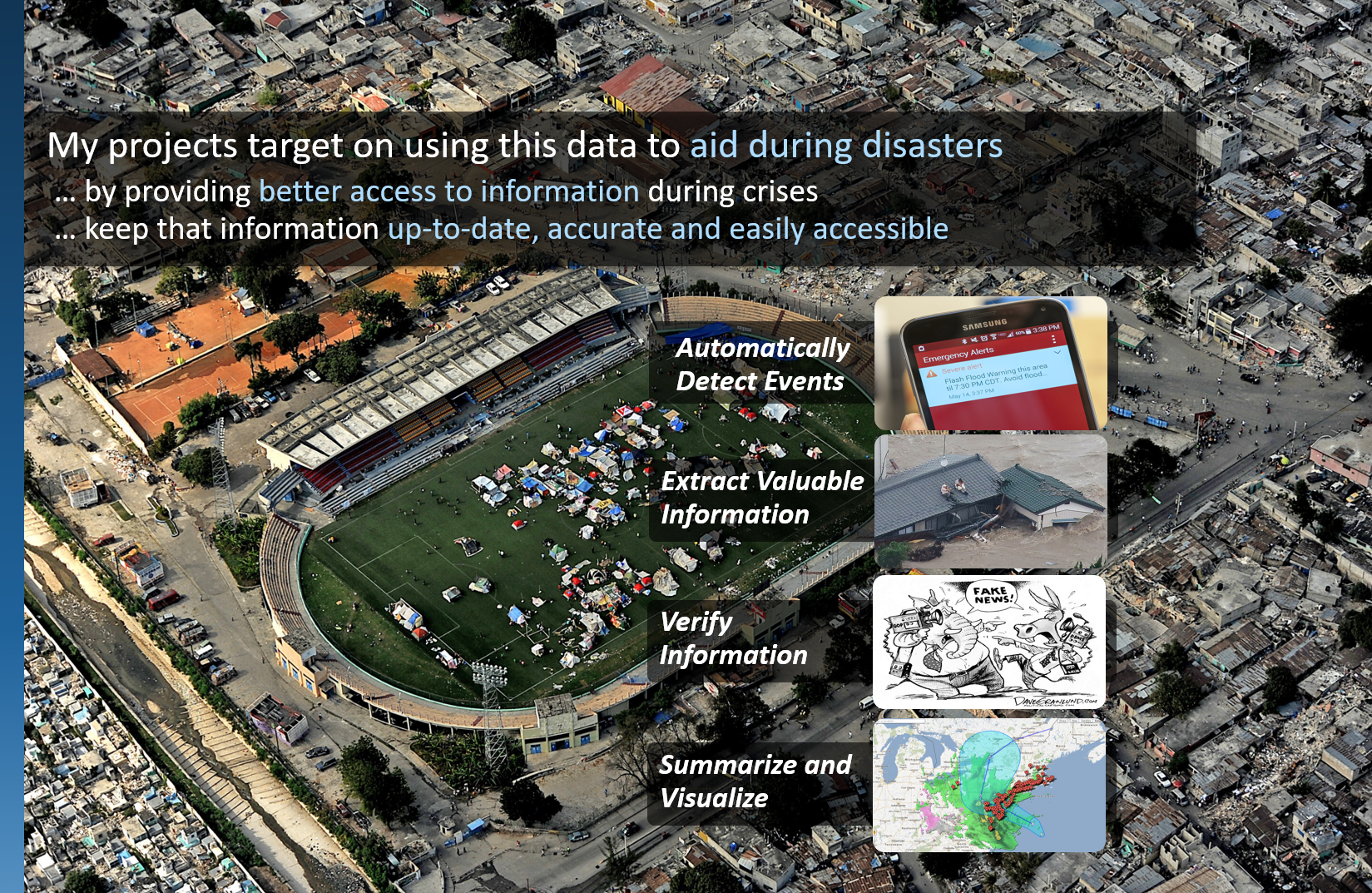
This page aims to provide a guide for students looking to do a PhD. We are always looking for strong candidates to join our PhD programme/group and you can apply at any time of the year.
Step 0 Why Might You Want to do a PhD?
Before we get into the process of applying to do a PhD, its worth touching on why you might want to undertake a PhD in the first place. At its core, doing a PhD is a form of continued education, where you will be developing general academic and research skills that are widely useful, and specialist knowledge in a single area of your choice (your chosen thesis topic) for 3-4 years (PhD's in the UK have a maximum duration of 4 years). Indeed, coming out of a PhD you will likely be the foremost expert in the world in your researched niche. With this in mind, reasons you might choose to undertake a PhD include:
- You want to have a career in a large (tech) company (e.g. Google, Amazon or Microsoft) which require applicants to have a relevant PhD.
- You like the idea of doing research and want the oppertunity to work on a topic of your choosing.
- You are planning for a career in academia (at least initially) rather than looking for a job in industry.
- You want to apply for higher-paid industry positions, rather than competing with the wider pool of students with undergraduate degrees in the job market.
- You don't know what you want to do with your life yet, continued education with a PhD provides more time to plan out a career and gives an idea of what life in academia is like.
I personally choose to do a PhD for the last of those reasons, and liked it enough to persue a career in academia afterwards! However, most of our PhD students move into jobs in industry after they complete their PhD, indeed graduates from our group currently work in a wide range of places, from big tech companies like Facebook, Microsoft AI, Amazon and Tencent, to SMEs like Signal Media and BiP Solutions. You can scroll down to recent graduates and alumni on this page to see where our recent students ended up.

Step 1 A Bit of Reading
The first thing you will want to do is get a good idea of the application process for doing a PhD and understand the structure of the university a bit better. The University of Glasgow has a standard application process for students wanting to do either PhD and MSc by Research. Your first port of call should be the University's postgraduate research study page.
At this stage I recommend that you also read about the different Sections of the School, so you know what the University specializes in. I am part of the Information, Data and Analysis (IDA) section, and within that part of the Information Retrieval Group. This simply means we (in the Information Retrieval Group) are primarally interested in how to process, analyse and extract value from digital information (e.g. text, images, sensor data, video). For example, here are some past example PhD theses from our group:
-
Supervised extractive summarisation of news events
Stuart Mackie (2018) - Using interaction data for improving the offline and online evaluation of search engines Evgeny Kharitonov (2016)
- News vertical search using user-generated content Richard McCreadie (mine)
How supervision of your PhD is handled will vary somewhat from supervisor-to-supervisor and the group/section they come from. For the IR group I am part of, we meet our PhD students individually once each week for around 30mins. We also run weekly team meetings and a reading group for all PhD students and post-doctoral researchers, in addition to a seminar series with invited talks from experts in the field. As a PhD student, you also have access to materials from all courses run by the University, if you need to learn more about a particular area. Our PhD students are expected to publish in and attend international conferences during their PhD, where travel can be financially supported by the School where appropriate.

Step 2 Thinking about Entry Requirements and Funding
Ok, so you have decided you want to do a Computing Science PhD at Glasgow. Before getting into the details of preparing an application and proposal, you should think about whether given your current degree and skills you are ready to do a Computing Science PhD. When you submit your application to the University, you will be scored on under a range of criteria before we get to your proposed research idea:
- Academic Background: How suitable are your degree(s) for doing a Computing Science PhD? (you usually want an Upper/Lower First Undergraduate or Masters Degree in Computing Science)
- References: Can you get (two) support letters from relevant people supporting your application?
- English Language: You are going to need to be able to speak and write fairly fluent English (evaluated based on the submitted proposal and usually an interview)
- Skills: Previous Programming/Software development experience (e.g. opens source projects) and/or previous publications (that show academic writing ability)
If you can't meet the first two of these then you are unlikely to succeed in an application (some candidates can get accepted with a 2-1 degree, but its increasingly rare). English Language and Skills are weighted lower, but are important to give you the best chance at succeeding, particularly if applying for scholarship funding, which i'll cover next.
Undertaking a PhD can be expensive to self-fund, so the majority of PhD candidates apply for a scholarship or bursery to pay the fees. Depending on your nationality, the scholarship schemes you can apply for vary greatly. As a general rule of thumb:
- UK Students: Eligible for most funding schemes (Excellence Bursaries, Minerva Scholarships, Computing Science Studentships, EPSRC DTA, College of Science & Engineering Scholarships). The main application deadline for these are the end of January and the end of July each year.
- European Students: There is a smaller pool of funding schemes that you can apply to (EPSRC DTA and College of Science & Engineering Scholarships), for EPSRC you need to have been resident in the UK for 3 years. The deadline for these is the end of January each year.
- Chinese Students: Your main oppertunity to get a scholarship is via the China Scholarship Council, these are highly competitive (its recommended for applicants to have an upper first degree to have the best chance for getting one of these). The deadline for these is the end of January each year.
- Students from Commonwealth Countries: Students from countries that are part of the Commonwealth of Nations (a group of countries that were part of the former British Empire), can apply to the Commonwealth Scholarship Council.
- Other Nationalities: Check your local government and research councils to see if they sponsor PhD students at international Universities.
See this page for more information: PhD Projects and Funding Opportunities

Step 3 Planning Research
Ok, so you think you think you meet the requirements and have an idea of how you might fund your PhD, the next thing you need to do is produce a Research Plan. When you apply for a PhD the research plan is passed to your potential supervisors who will read it in detail. The research plan should detail what you want to do your PhD on, show that you know have a basic understanding of the topic, and demonstrate that you are able to critically think about the challenges you would tackle. In simple terms, your proposed supervisors evaluate whether there is an interesting research idea worth investigating in the plan and whether you have the skills needed to investigate that idea.
The first step to writing a research plan is identifying your topic. This is the broad research area that you are interested in working within. The best topics are those that you are actually passionate about - you will be working on that topic for 3-4 years full-time, so you should be interested in it!
It is also important to make sure that the research topic is suitable for a computer science PhD. At its core, a computer science PhD tends to examine either how to more effectively or efficiently have a computer do a task normally performed by humans, or examine how to make it easier for humans to work with computers. A common issue we see with research proposals submitted to us is that they are not focused enough on computer science topics. For example, consider a student submitting a proposal about using social media to examine how people vote during elections. This would be rejected because it does not tackle a computing science problem (its a more of a social science study). However, if the student instead framed the problem as an examination of how to develop effective algroithms for predicting voting patterns using LSTM models trained on social media data from past elections they would have a better chance, as it is now a computer science challenge.
You should also consider the suitability of your chosen supervisor(s) for your research. Each of the sections of the School, and then professors/lecturers within that section specialize in different research areas, you want to find one or more staff that match fairly closely with your proposed research topic - if they don't know about the area how can they do a good job supervising you? Moreover, doing a PhD is not an isolated endevor, you will typically need data, hardware and potentially end-users to test your solutions. If your supervisor curently works or has previously worked in the area then you will have a much easier time as more support infrastructure will be in place (e.g. we are currently investing in GPU servers to support deep-learning research).

Step 4 What I Supervise
If you are still reading this page, then you are probably interested in what I consider to be interesting topics.
I am interested in the challenges of real-time processing of big data streams so we can better understand what is happening during events. This involves analysing digitized information such as news articles, social media data, physical sensor data, and multimedia content that is produced over time, to observe what is happening out in the world. Technologies I work on include: real-time event detection (automaticaly detecting when important events happen); search over real-time data (how to find useful information); categorization of information in real-time streams (classification and clustering); verifying information (do we trust online information); as well as summarizing and visualizing that information for end-users. This often involves research into state-of-the-art supervised learning, e.g. using neural networks. I also supervise projects that examine the underlying mechanics of processing real-time data more efficiently (e.g. how to distribute/parallelize/scale algorithms), as well as how to assure that real-time data meets the needs of end-users.
This research has a wide variety of uses, such as supporting news agencies keep to-to-date, financial/currency trading based on real-time trends; tracking products and brands over time, as well as recommending products to users based on live data. However, my personal interest is how we can use this information to aid during disasters and crises, such as earthquakes, floods or terrorist attacks. For example, I currently organize an international initative examining how to extract valuable information from social media during disasters for civil protection agencies.
As a general guideline, you should check what your chosen supervisor is working on at the moment, for example you can check my publications, projects and homepage. If we are working on something, its a good bet that we think its an interesting area!




Step 5 Whats Next?
The next step is to start writing your research plan. The plan should be around 3-4 pages. Go back and read the 'Your Research Plan' section of the University's postgraduate research study page.
A full formal application with all supporting documents needs to be lodged, before we can officially evaluate it, although you can request a meeting before submission to discuss your project idea. On the other hand, don't be afraid to submit an application, we don't expect the plan to be perfect! PhD students will naturally refine their topic over the course of their PhD, guided by their supervisor.
Good Luck!
